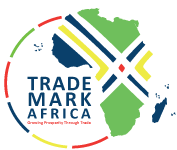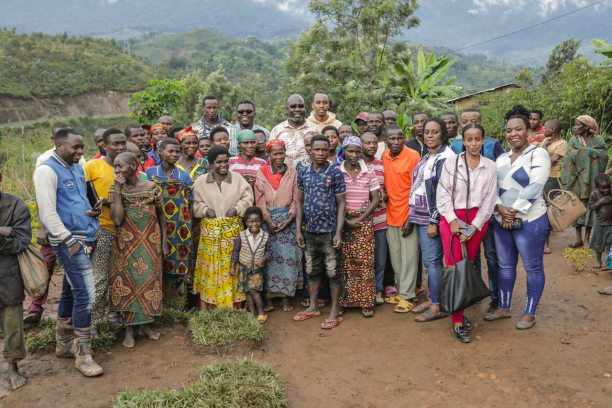In June 2023, the USAID – Economic Recovery and Reform program team traveled to Bujumbura, Burundi, to gain insights into the country’s agricultural market by engaging with stakeholders, including government institutions, development partners, producer groups, and the private sector. This visit was a significant step to inform USAID-ERRP interventions in Burundi that aim to strengthen the country’s agricultural food production, while catalysing opportunities for private sector local sourcing, which will ultimately create sustainable jobs and promote food security.
Burundi’s agricultural industry faces many challenges that impede its growth and development. Limited access to essential resource inputs such as seeds, fertilizer, finance, and extension services hampers the sector’s growth and expansion. Furthermore, the absence of organized and structured markets for agricultural produce, the impact of climate change, declining soil fertility, and unfavorable political and economic conditions further exacerbate the situation.
Presently, key value chains in Burundi are bananas, beans, rice, cassava, and maize. These value chains are prioritized due to their significance in ensuring food security, promoting income generation, leveraging market availability, and capitalizing on favorable climatic conditions. Additionally, the untapped potential of Lake Tanganyika as a strategic entry and exit point connecting Bujumbura to the rest of the continent presents an opportunity for growth and development. To achieve this, proposed interventions, include
- Collaborating with strategic partners such as producer groups, the private sector, development partners, and relevant government institutions to strengthen staple food production and trade;
- Emphasizing product aggregation mechanisms and digitizing supply chains will enhance efficiency throughout the sector;
- Improving the Bureau of Standards and Quality Control (BBN) institutional capacity to deliver their mandate and collaborating to develop interventions that promote food quality compliance; and
- Partnering with the Burundi Federal Chamber of Commerce and Industry to identify sector constraints and policy weaknesses and develop an advocacy plan and strategy to lobby and engage with relevant government officials and policymakers.

